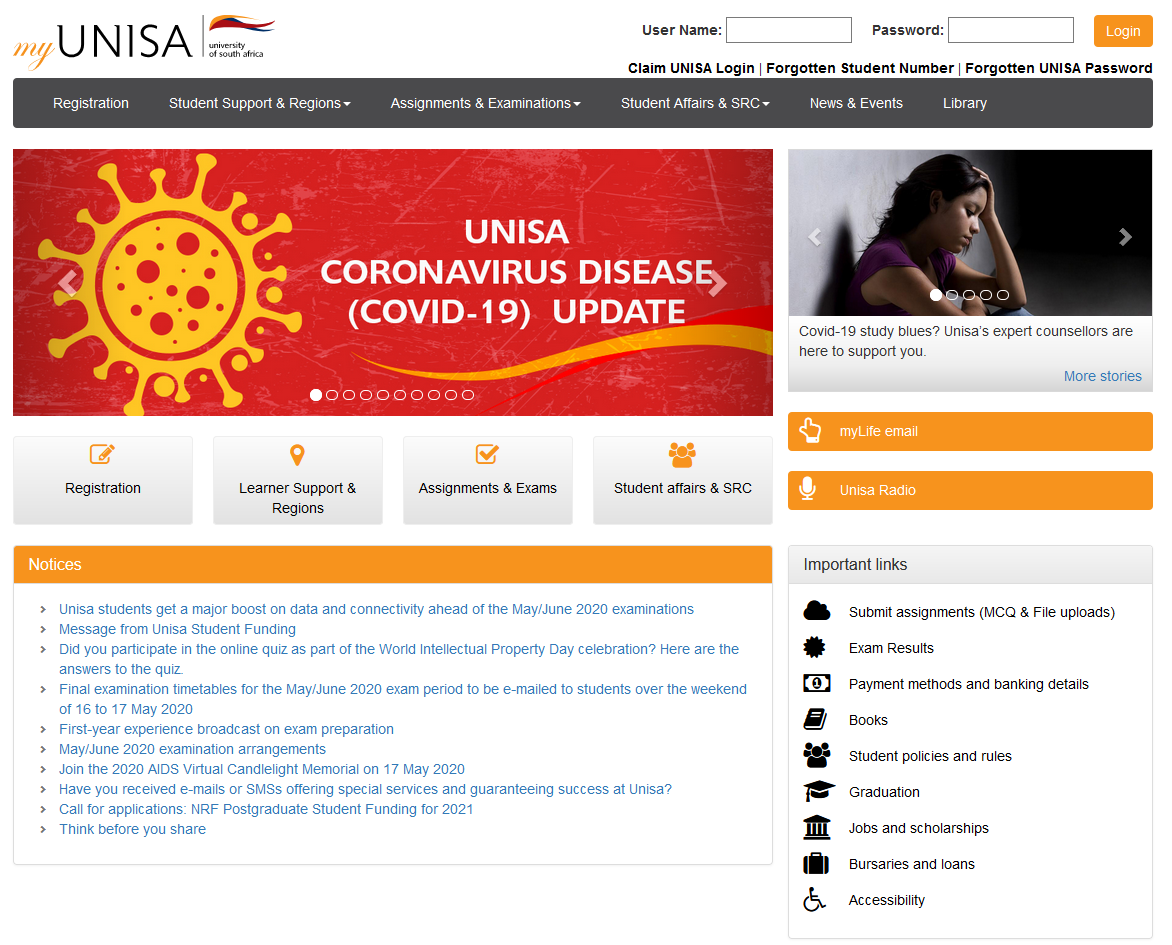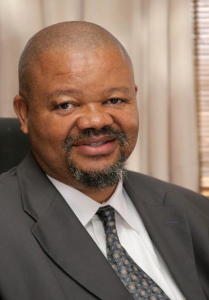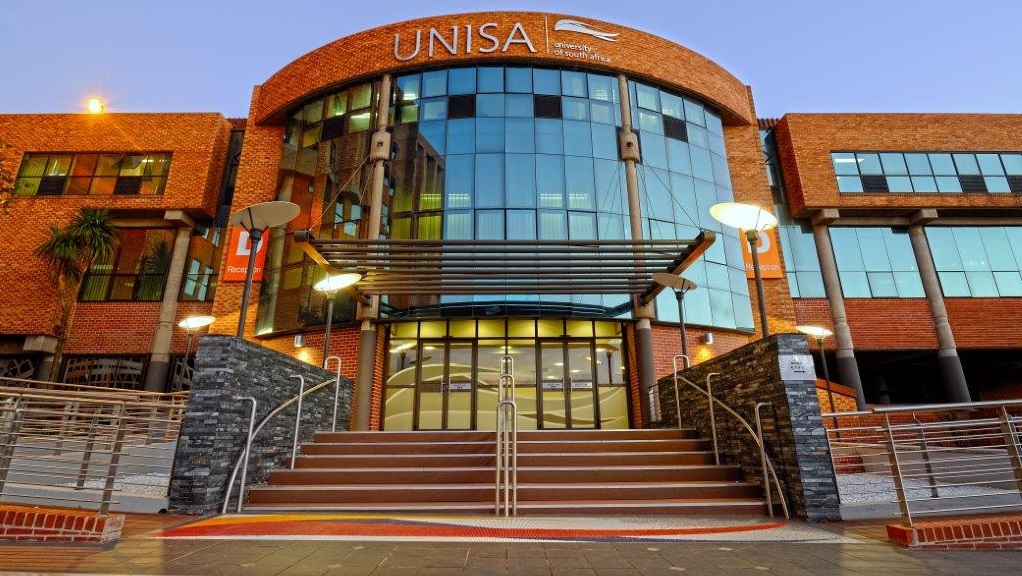The University of South Africa (Unisa) has always held a unique position in the country and the continent due to the fact that it provides the full gamut of tertiary education as a primarily distance-focused institution.
As the COVID-19 pandemic continues many universities have looked to Unisa to see how it has managed to provide distance and online education to its students all these years before such things were mandatory.
While Unisa has provided a model for those universities to follow, it is not without its problems. The first semester of 2020 was difficult for Unisa even before COVID-19 came into full effect, with delays in exam results causing chaos in student registration and assignment submission.
To discuss all of this we interviewed Unisa Principal and Vice-Chancellor, Professor Mandla Makhanya. For those wondering we did practice social distancing by conducting the interview online.
This is a bit of a longer read as our questions had to touch on many details pertinent to the lives of Unisa students and the current problems with distance learning in South Africa. If you’re interested in either of those two camps we highly recommend going through.
Hypertext: The university recently sent out a survey to students. The focus of the survey was to ask how many students had access to smart devices and an internet connection to write the May / June exams online. The survey could only be completed online, meaning that those without access to smart devices and an internet connection would be underrepresented in the results. How is the university accounting for that dilemma?
Professor Mandla Makhanya: The survey was sent to students’ email accounts, as well as via SMS to their mobile phones. 224 000 responses were received. This accounts for the overwhelming majority of students who are registered for the first-semester exams.
Online communication is not something new to Unisa. The university continues to communicate effectively with the students using online platforms.
It is important to bear in mind that the University of South Africa (Unisa) is an Open Distance e-Learning (ODeL) institution which means that students are used to studying from a distance and to connect to the university mainly through online platforms.
Most of the teaching and learning occurs in a digital format. Thus, when students enrol at Unisa, they are orientated on what an online mode of delivery entails and what will be required of them to study effectively through an ODeL university.
Furthermore, we have taken a decision to provide data to all Unisa students. The details of this important decision will now be communicated to the students as the necessary approval from Council has been granted.
Hypertext: Going forward is the university going to be offering students without access to computers or the internet any help in that regard? Many students depended on Unisa’s physical locations for these resources before they needed to be closed.
MM: We are aware of the needs of some of our students, and as a result we are going to accommodate students who will write their exams on paper because and provision has been made for them to use our cellphone APP to scan every page of their papers and upload them onto MyUnisa system and thus into our Router.
We should not forget by the way that we also have students who are catered for by National Student Funding Aid Scheme (NSFAS) and for this reason they do have laptops. Furthermore, as a sector we negotiated with our telcos and all the core sites for teaching and learning were zero-rated.
This ensured that our students succeeded to work online even during this period of lockdown. Our success is evident in the fact that we received more than 1.3 million assignments in March alone. Last week on Thursday the 7th of May, we received 3000 assignments per minute.
With these high volumes, we had to extend the closing date of assignments to this week to accommodate all the students who were queuing to also submit their assignments. This is encouraging as it speaks to the university that has made huge advances in online learning.

Hypertext: Unisa has stated that the details for the online examinations will be revealed in early May. Exams are starting later in the same month. Does the school find that this is enough time for students to acclimatise to whatever form their assessments take?
MM: The University has agreed that any student who is unable, for whatever reason, to write the May/June examinations are free to defer their exams to the October/November cycle without any penalty or additional cost.
They will also be allowed to register for their second semester modules as we all accept that they cannot be prevented from registering for second semester modules as this would be insensitive on our part considering that some students are traumatized by the fear of the threat that is posed by Covid-19 on their lives.
Our view is that the high volume of assignments that have been submitted by our students in the last two months alone attests to the fact that our students have begun to acclimatize to online assessment.
The only challenge that I observe at this point is anxiety on the part of our students as they are venturing into the unknown – We must remember that exams have always been venue-based and our departure from this known arrangement to non-venue based exams has raised levels of anxiety among some of our students.
Hypertext: What steps, if any, is the university taking in regards to student mental health during this troubling time? While extensions on certain assignments have been granted due to delays, students have expressed difficulty focusing on their work given the tumultuous events taking place around them.
MM: The Directorate for Counselling and Career Development (DCCD) implemented digital responses to assist students during the COVID-19 crisis. Counsellors availed themselves to our students and they are there to take care of their mental health and psycho-social support.
There is continuous communication and posting of online resources for students during this time of the crisis. The DCCD website on MyUnisa (www.unisa.ac.za/counselling) is available to all students and includes digital self-help resources related to personal development, as well as contact details for counselling services.
Students are also provided with digital resources to support their academic development, including study skills and exam preparation, to help them to cope with their studies.
Hypertext: Related to the question above – is Unisa building any leniency into marking of assignments and examinations to account for decreased academic acuity during this time?
MM: The University is committed to upholding the quality of its teaching and learning provisions, including assessment practices. The approach that the University has taken regarding all assessments (assignments and examinations) is not unique to Unisa, but an internationally acknowledged approach to assessment.
It is important to also highlight that our academic activities, including the submission and marking of assignments did not change during the lockdown period. In so far as exams are concerned, our students are warned of our zero tolerance on any form of plagiarism or any other type of examination dishonesty.
Without delving into detail of what we have done in ensuring the integrity of these exams is the tracking of the IP addresses of submissions, remote proctoring etc.
Hypertext: Students have expressed increasing frustration at the inability of Unisa staff to answer queries. This was the case for years now with phone calls and emails being left unanswered even before the COVID-19 pandemic occurred. What is your response to this?
MM: Unisa has bolstered its student services and resuscitated the student call centre. This has assisted us to track the number of calls received, responses and query resolution rate.
As a result, we are now better positioned to measure the performance of staff that we hired for this purpose and identify bottlenecks within this new call centre as we are continuing to make further investment of the latest technology in order to move away from the current over-reliance on human beings.

Hypertext: MyUnisa is an integral part of the school’s ecosystem, especially as more learning is done online. The system has been known to be unreliable in the past, usually crashing when due dates for assignments come around or when registration opens. Are steps being made to increase the stability of the platform in the future?
MM: Unisa is a dedicated comprehensive Open Distance and eLearning University and as you know we have been offering one or another form of distance education for almost 150 years, through world wars, peace time and more recently, political turbulence.
We are continuing to invest in the latest technologies as we acknowledge that our approximately 380 000 students continue to receive the best education and training from the university.
We are marching to a complete shift to Open, Distance and eLearning, with corresponding implications for all operations and support systems where our entire institution’s transactional environment with internal and external stakeholders is being transformed to be fully digitized and underpinned by robust, effective and integrated ICT applications.
I don’t want to scare you and you end up falling from your chair when you hear about the exact number of millions of Rands that we are spending in our LMS and ERP systems.
Hypertext: When students receive their results for assignments and exams they have expressed feelings that marks are assigned at random with no real connection to their performance. What do you say to allegations that Unisa markers do not actually mark scripts and instead assign results indiscriminately? Markers will often not write any remarks or comments explaining what is correct or incorrect, adding to this presumption.
MM: I will not make any observations on this matter as I can only do so if I have facts at my disposal. Similarly, I will not defend our staff in instances where they have to account for their failure to acquit themselves in an ethical manner.
I, therefore, encourage our students to use appropriate channels to raise their concerns and I assure them that these will receive the necessary attention.
Hypertext: If a student is affected directly by COVID-19, either by contracting it or by having a close family member infected, this will have a massive impact on their life. What is the current Unisa policy for accommodating such a compromised student?
MM: The University encourages open communication channels with all students. The answer to Question 4 [about student mental health] above gives an indication of the support services that the University provides to the students.
We, therefore, encourage our students to inform the University of their circumstances which might hinder them from writing the exams.
In such cases, provisions in relation to the Assessment and related policies, have been made for alternative arrangements to be made in consultation with the students and their lectures/professors as well as their executive deans.
Hypertext: As an institution which has been practising distance learning for so long, what advice can you offer traditional universities which are trying to change to your format of learning because of the pandemic?
MM: Unisa would like to share its expertise with its sister universities and TVET colleges as they venture into distance education, flexible and remote learning so that they can make the right transition in the current environment that has been completely disrupted by Covid-19 pandemic.
It is necessary to understand and enter this mode of teaching and learning with a clear understanding of what you are committing yourself to so that we can also avoid conflation that seems to be out there on online learning vs online teaching. Online learning is primarily a mode of delivery, ie a way of delivering education to students, and it is not a particular method of teaching. It can thus support a wide range of teaching methods.
I can keep you busy for a long time in giving you details of what I am talking about. But for purposes of my brief talk with you, let me say that that online learning and online teaching are therefore not the same by any stretch of imagination.
By the way, we have also launched a new programme as well as a MOOC to provide e-tutors and academics from all universities with the necessary skills for advancing student learning within an open, distance and e-learning context.
We also welcome the call by the Minister of Higher Education, Science and Technology, the Honourable Dr Blade Nzimande, for Unisa to lend a hand to the new entrants into this arena. We view this as our national duty.

